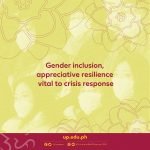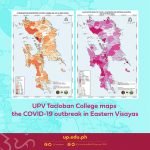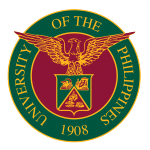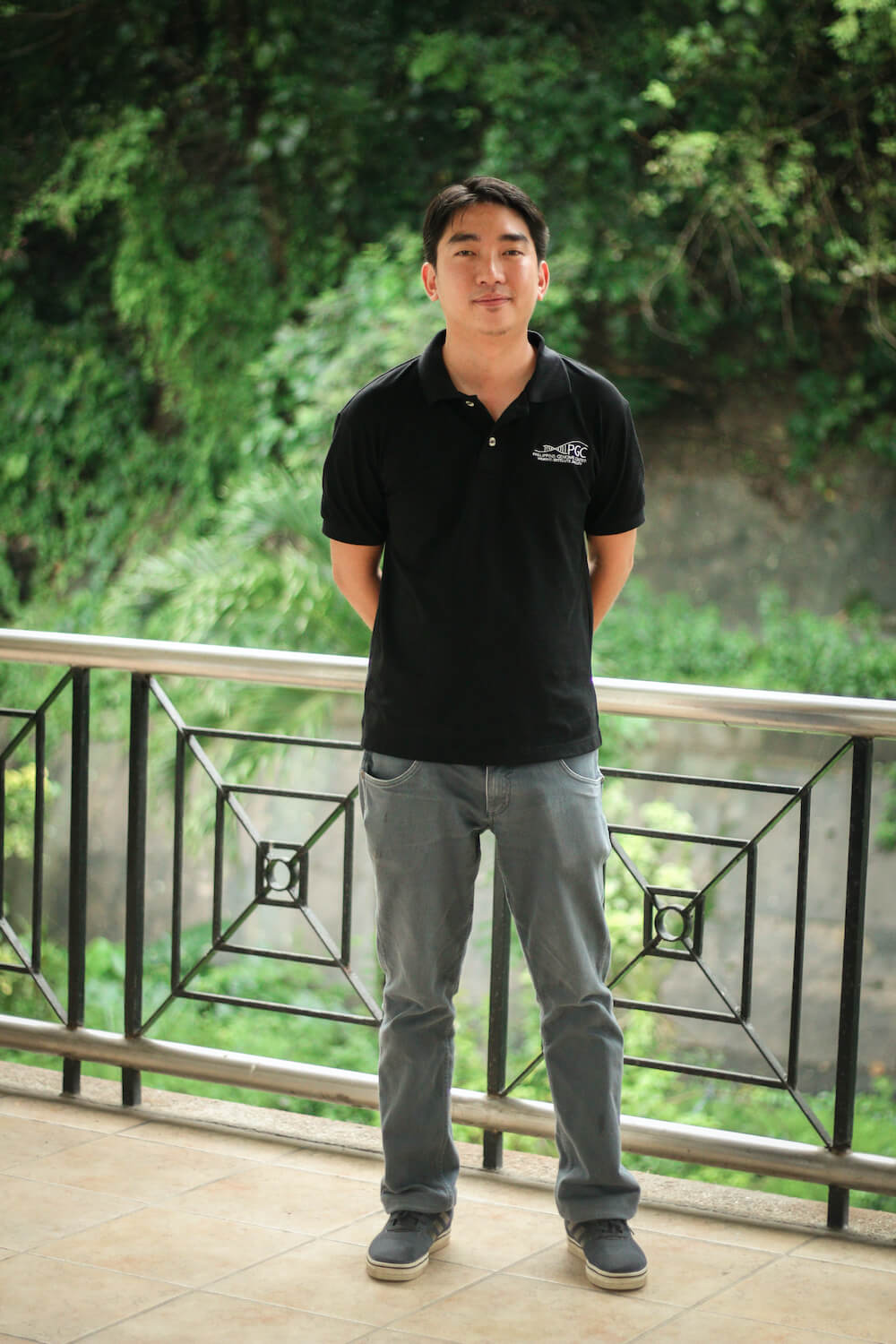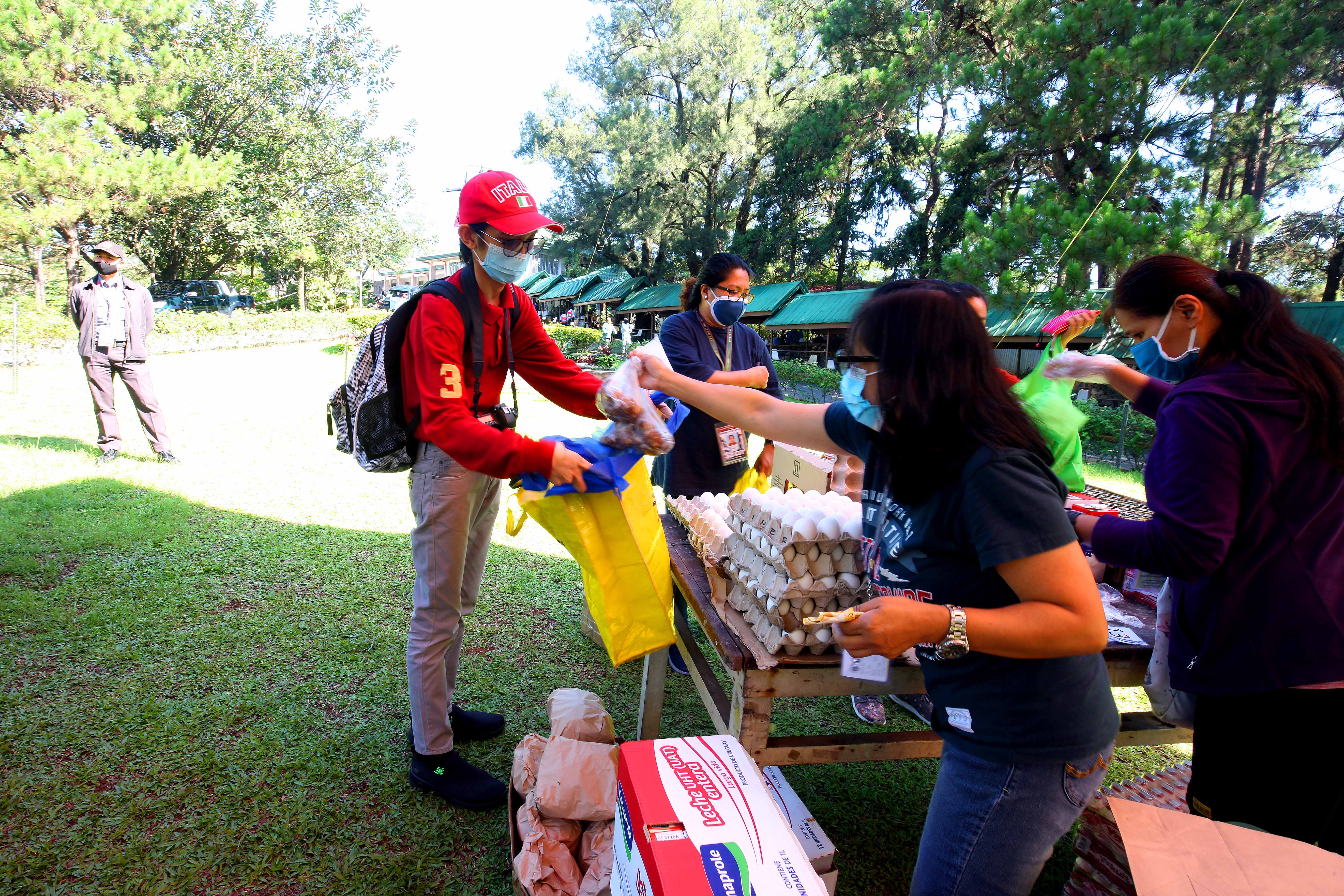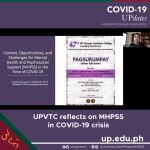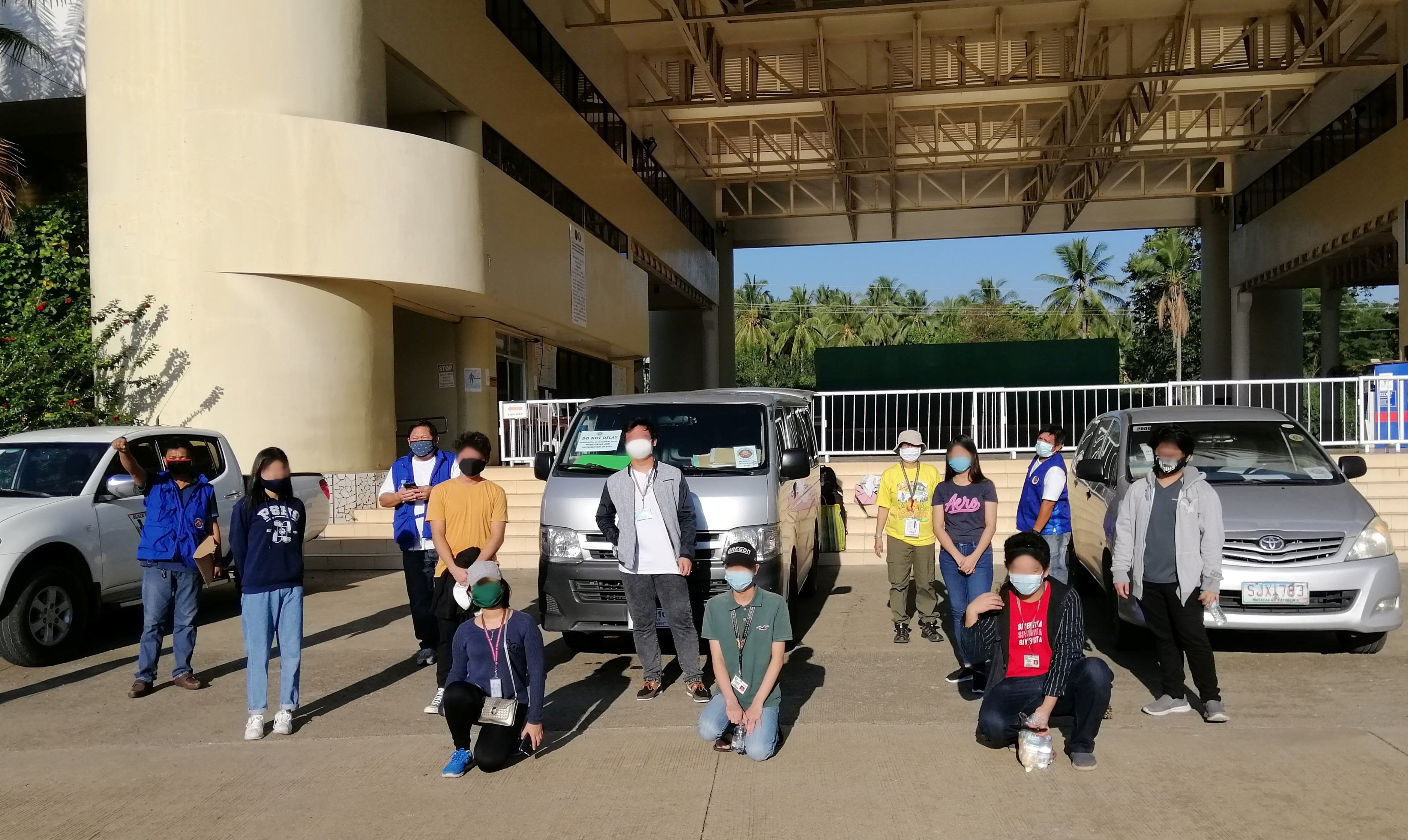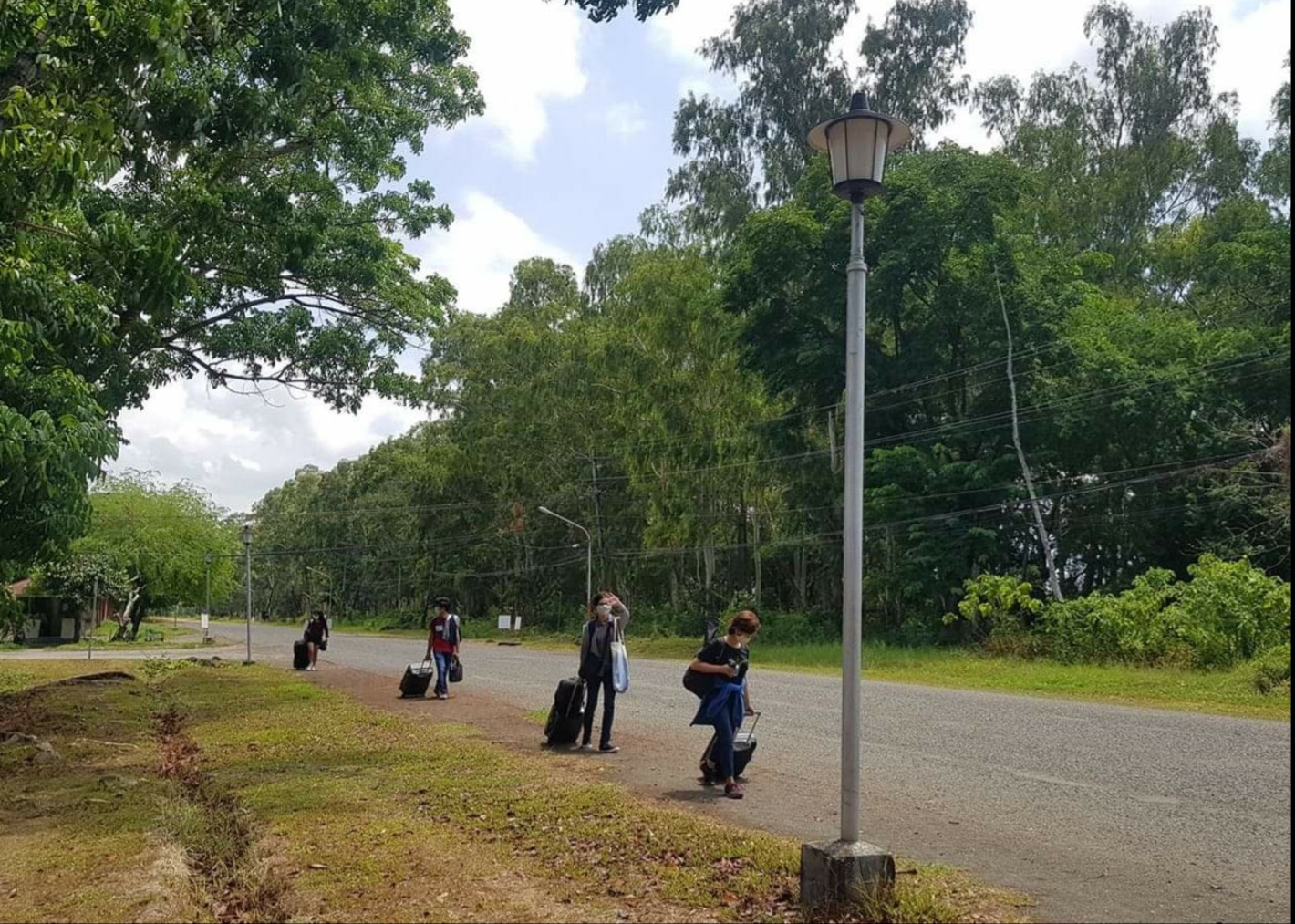Taylan emphasized the fact that as individual, we should know the importance of our rights, recognize or condition and report violations of our human rights, be aware of existing and new rules and laws, and do volunteer work. She also mentioned “proactive protection programs” that may be undertaken by households and communities.
Using a code word to report abuse when one is afraid because the perpetrator is nearby, and having an exit plan to escape abuse are actions that may be taken, among others. In the delivery of gender-inclusive well-being programs, functioning structures for violence against women and children, gender and development, and reproductive health must not be derailed by the pandemic, because these programs address issues that did not go away when COVID-19 reached the country.

